Post-Sepsis Syndrome: a Compelling Review Analyses the Long-Term Effects of Sepsis
Post-sepsis syndrome (PSS) is defined as a constellation of long-term physical, medical, cognitive, and psychological issues following sepsis recovery that puts survivors at risk for hospital readmission, and is associated with a reduction in health and life span. In a review recently published in Infection and Drug Resistance, researchers have delved into the current knowledge of post-sepsis syndrome, shedding light on the lingering consequences of sepsis that extend far beyond the initial illness. The article explores the aftermath of sepsis and the challenges faced by individuals on their road to recovery.
“This review underscores the significance of ongoing efforts in the field of sepsis management. As we strive to enhance survival rates, it is equally imperative to address the long-term impact on those who overcome sepsis”, says Prof. Adam Linder, ESA Steering Committee member, Coordinator of the Research Working Group, and co-author of the article.
PSS isn't merely a transient phase, it encompasses a range of physical, cognitive, and psychological symptoms. Survivors may deal with fatigue, muscle weakness, and joint pain, affecting their ability to resume normal activities. Cognitive impairments, such as memory loss and difficulty concentrating, pose additional hurdles, impacting both professional and personal aspects of life.
Crucially, the article emphasizes the importance of healthcare providers and patients recognizing these persistent effects. Increased awareness is vital for tailored rehabilitation strategies and comprehensive support systems that address the multifaceted nature of PSS.
For physicians, understanding PSS means acknowledging the complexity of post-sepsis recovery and actively involving survivors in their care plans. Equipping healthcare professionals with the knowledge to identify and manage PSS ensures a more holistic approach to post-sepsis care.
The European Sepsis Alliance remains committed to disseminating information that empowers both medical professionals and individuals affected by sepsis, fostering a collective approach towards comprehensive and compassionate care. The World Health Assembly 70.7 Resolution urges UN member states to integrate sepsis in their national health systems. ESA believes that patient follow-up and survivor support should be an integral part of national sepsis plans, because of the huge impact of PSS on healthcare systems and on the society at large. After publication of an earlier study on the high burden of post-sepsis morbidity, the ESA Patient and Family Support Working Group issued a position paper calling for increased focus on post-sepsis syndrome and asking that patient follow-up must be carried out routinely, at or after hospital discharge, must be multidisciplinary, as patients can be affected by multiple diagnoses after sepsis, and financially sustained by healthcare systems and insurers.

